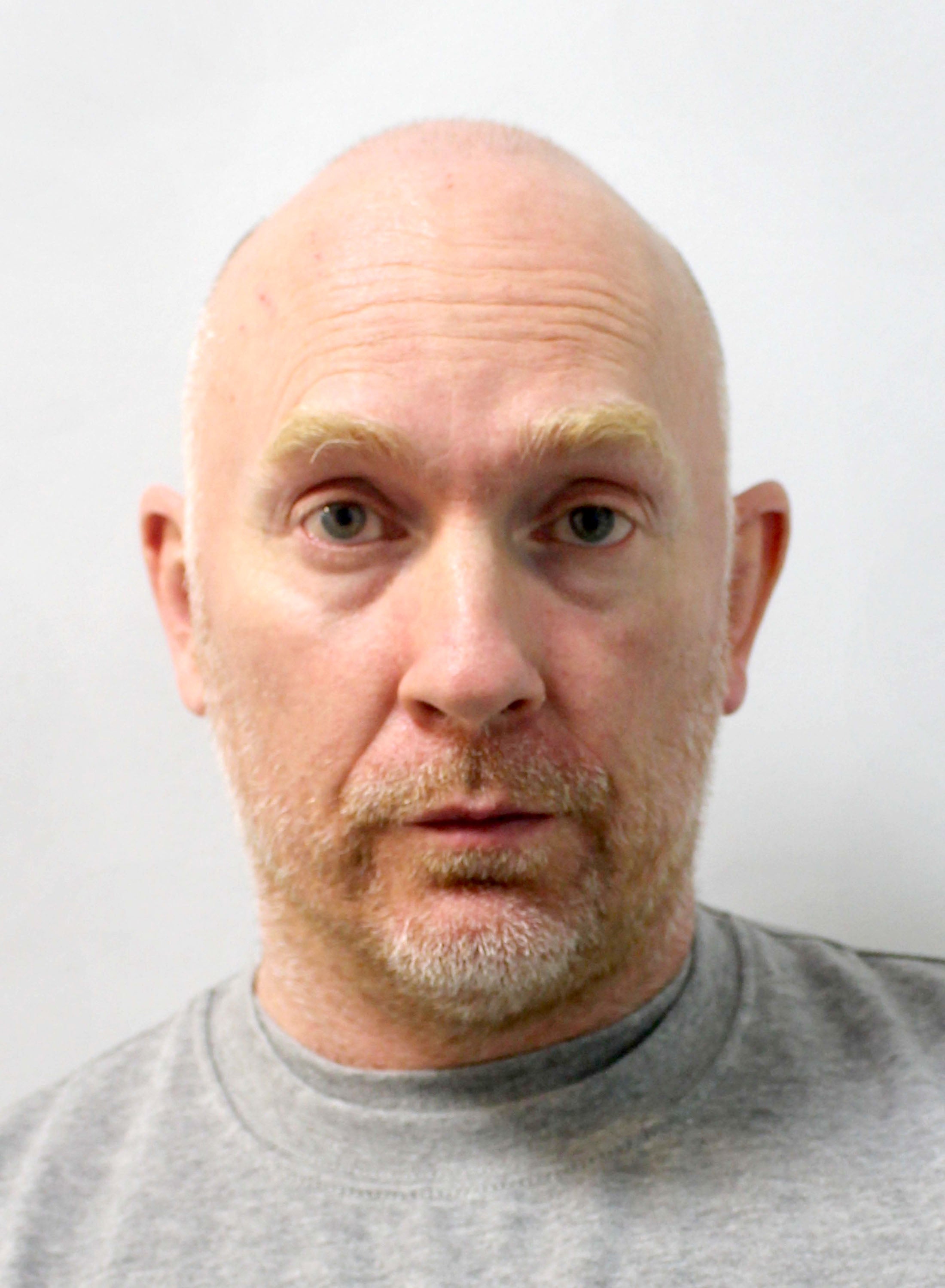Southport killer Axel Rudakubana been jailed for a minimum of 52 years after pleading guilty to murdering three young girls in a frenzied knife attack last year.
Rudakubana, 18, stabbed and killed the girls aged between six and nine with a 20cm-long kitchen knife as he ambushed a Taylor Swift-themed dance class in Southport, Merseyside.
Wearing a green hoodie, a surgical face mask and armed with the blade, the then 17-year-old travelled five miles from his family home to the studio where he unleashed his murderous rampage.
Sir Keir Starmer vowed the attack would be a “line in the sand” for Britain while announcing a public inquiry into the atrocity after the killer admitted to 16 offences.
However, despite the lengthy sentence Rudakubana was not given a whole life order. The Independent takes a look at what one is below, and why the killer has avoided one.

What is a whole life order?
An offender can be sentenced to a whole life order - or “whole life tariff” - for the most serious cases of murder, meaning their crime was so serious they will never be released from prison.
There were 65 prisoners serving whole life orders in the UK as of 30 June 2023, according to the Ministry of Justice.
Killers Rosemary West, Levi Bellfield, Michael Adebolajo, Wayne Couzens and Lucy Letby were among those serving this type of sentence.

How is it different to a life sentence?
Any offender found guilty of murder must be given a life sentence. However, a judge must decide whether to set a minimum term which must be served in full before release on licence, or impose a whole life order.
A murderer will serve a life sentence with a minimum term for the rest of their life, but does not necessarily spend this entire time in prison.
They would usually serve a term in prison, and then be released on licence subject to certain conditions. For example, the minimum term for murder with a knife is 25 years, then the offender would be released on licence. If they broke the conditions of this licence at any point, they could be sent back to prison.

Why has Rudakubana avoided a whole life order?
A judge cannot impose a whole life order on anyone who was under the age of 18 at the time of the offence, irrespective of the seriousness of that offence.
Despite being aged 18 at the time of his conviction, Rudakubana was 17 when he murdered Bebe King, six, Elsie Dot Stancombe, seven, and Alice da Silva Aguiar, nine.







